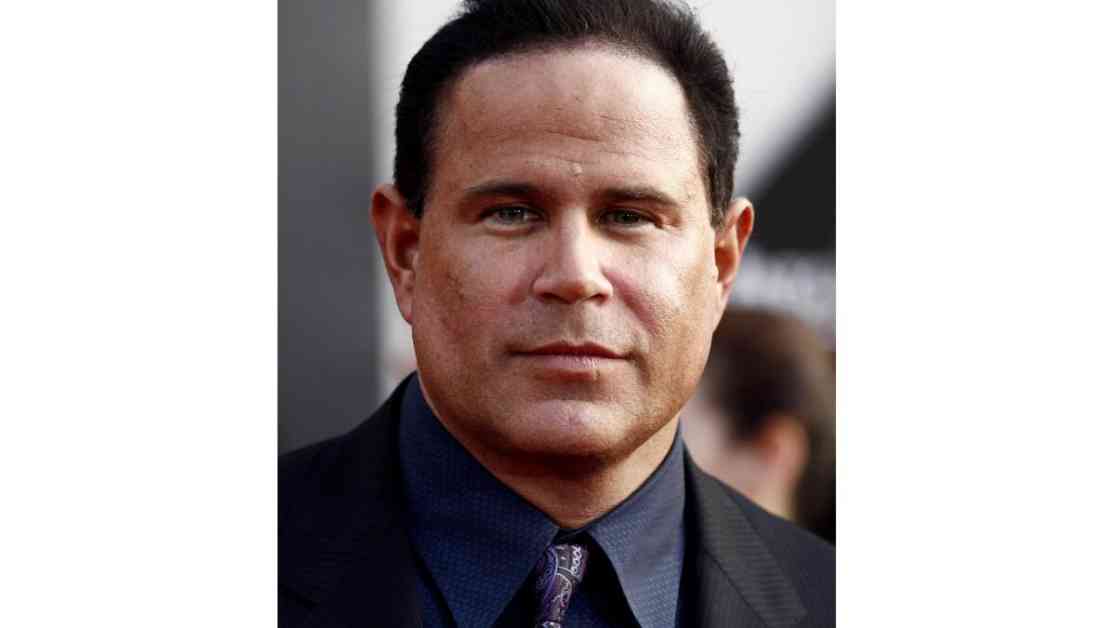Actor Keith Lawrence Middlebrook Sentenced to Over 8 Years for Falsely Claiming COVID-19 Cure
Keith Lawrence Middlebrook, a part-time actor, received a sentence of over eight years in federal prison for his involvement in soliciting investors for companies that promoted a phony cure and treatment for COVID-19. Middlebrook, 57, was found guilty in May on 11 counts of wire fraud and maintained his innocence throughout the sentencing process, vowing to appeal the decision.
Contention with Magic Johnson
During the sentencing hearing, a significant point of contention arose regarding Middlebrook’s alleged association with former Lakers point guard Magic Johnson. Middlebrook had alleged that Johnson was a director and officer of one of his companies, claims that were refuted by Johnson himself during the trial. Johnson, a recipient of the Presidential Medal of Freedom, testified that he had no involvement with Middlebrook’s company and had never supported or invested in it. Prosecutors argued that Middlebrook perjured himself by claiming to have multiple interactions with Johnson regarding the fake cure and prevention pills.
Legal Proceedings and Defense
Following the trial, Middlebrook’s attorney, Andrew Stein, accused Magic Johnson of lying under oath to distance himself from the situation, while Assistant U.S. Attorney Kenneth R. Carbajal affirmed Johnson’s truthful testimony. Despite defense motions for acquittal and a new trial being denied, Middlebrook’s legal team remained steadfast in their belief of proving Johnson’s dishonesty.
Arrest and Sentencing
In the early stages of the pandemic, Middlebrook, known for minor roles in films like “Iron Man 2,” asserted that he had developed a proprietary cure and prevention method for COVID-19. Subsequently, he was apprehended by the FBI in March 2020 after providing pills, purportedly the infection prevention treatment, to an undercover agent posing as an investor. Despite claims from a Stanford doctor supporting Middlebrook’s compound, the jury found him guilty of wire fraud.
As the judge handed down the sentence of over eight years in prison, along with three years of supervised release and a $25,000 fine, Middlebrook was taken into custody. Despite his confidence in proving his innocence, Middlebrook’s legal battle continues as he seeks to challenge the ruling and clear his name.
This captivating saga of deceit, legal battles, and celebrity entanglements serves as a cautionary tale against fraudulent claims and the consequences that follow. The intricate web of deception woven by Middlebrook highlights the importance of honesty and accountability in a time of crisis. As individuals navigate the complexities of misinformation and scams, the story of Keith Lawrence Middlebrook serves as a stark reminder of the perils of deceit in the face of public health emergencies.





















